
A new study suggests that cancer patients do not often request unnecessary and sometimes costly tests or treatments.

Your AI-Trained Oncology Knowledge Connection!


A new study suggests that cancer patients do not often request unnecessary and sometimes costly tests or treatments.

A new study finds that childhood cancer survivors are at risk for pituitary hormone deficiencies after radiotherapy treatment to the head.

The addition of bevacizumab to endocrine therapy did not prolong survival in postmenopausal women with advanced HER2-negative, HR–positive breast cancer.

An 8-year analysis confirmed that adding radiotherapy to androgen deprivation therapy in prostate cancer improved patient overall survival by more than a year.

Researchers have identified eight specific physical signs associated with death within 3 days, which can help clinicians and families in making care decisions.

Drinking coffee multiple times a day may decrease the risk of endometrial cancer in women, according to a new study.

A targeted magnetic resonance/ultrasound fusion–guided biopsy technique produced better results than a standard biopsy for detecting high-risk prostate cancer.

In patients with diabetes, the use of metformin did not reduce the risk of lung cancer overall, but the risk was reduced among patients who never smoked.

Prostate cancer patients who smoke may be more susceptible to complications from treatment, and have increased risk of side effects and disease recurrence.
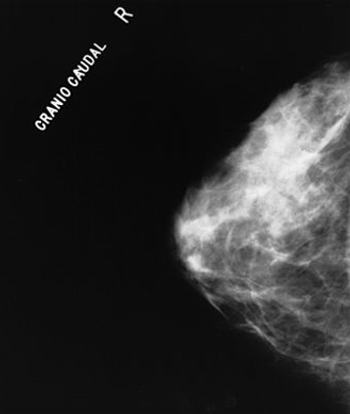
Adding molecular breast imaging to mammography resulted in a fourfold increase in invasive breast cancer detection rates in women with dense breasts.

This slide show includes some of the highlights from the 2015 ASCO Gastrointestinal Cancers Symposium, including a study that linked vitamin D levels to colorectal cancer outcomes, positive results in pancreatic cancer with a new targeted agent, and more.

A history of hormonal contraceptive use in younger women for 5 years or more was found to be associated with a possible increased risk of glioma.

In its Annual Report on Progress Against Cancer, ASCO has declared that the transformation in the treatment of patients with CLL is the “advance of the year.”
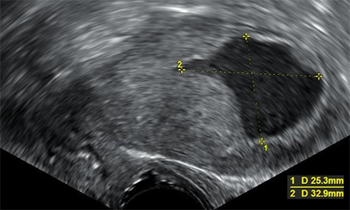
Women with metabolic syndrome who are age 65 or older have an increased risk of endometrial cancer, according to the results of a new study.

Newly diagnosed metastatic colorectal cancer patients with higher vitamin D levels had better outcomes after treatment with chemotherapy and a targeted agent.

An FDA advisory panel unanimously endorsed EP2006, a biosimilar of filgrastim, a biologic used to treat neutropenia caused by chemotherapy treatment.

Initial treatment with FOLFOXIRI plus bevacizumab in metastatic colorectal cancer patients improved survival over FOLFIRI and bevacizumab by more than 4 months.

A small study found that testosterone may suppress the growth of some advanced prostate cancers and could reverse resistance to testosterone-blocking agents.

An infection with oral HPV16 is likely to last for a year or longer in older men, putting them at higher risk for the development oropharyngeal cancer.
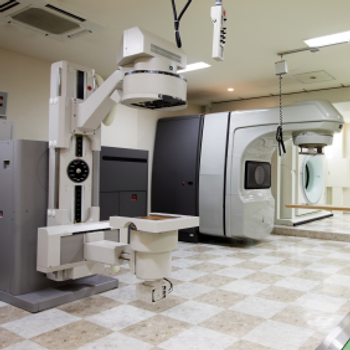
Older men who received radiotherapy in addition to ADT had fewer deaths from their locally advanced prostate cancer compared with those treated with ADT alone.

Experts from ASCO and AACR have penned a statement for policymakers on the potential negative effects of e-cigarettes and other nicotine-deliveries electronics.

Two recently published studies suggest that PIK3CA mutations cannot be used as a predictive biomarker to guide therapy in HER2-positive breast cancer.
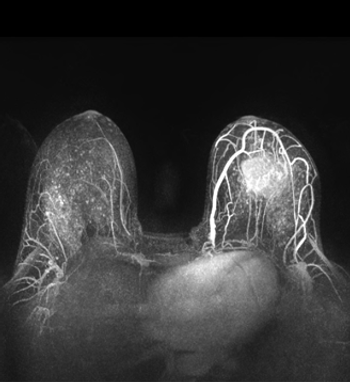
Adding an MRI to a mammogram improved the sensitivity of breast cancer screening in women 50 years of age or older who are BRCA mutation carriers.
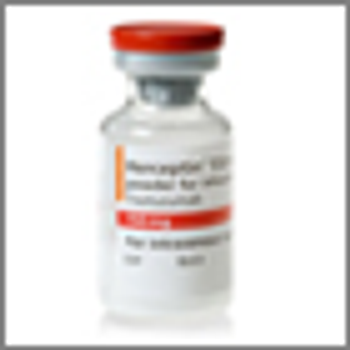
Results of the MARIANNE trial found that HER2-positive breast cancer patients treated with T-DM1 had similar survival to those on the current standard of care.

Extending the duration of androgen suppression in men with intermediate-risk prostate cancer prior to radiotherapy led to more adverse events and did not improve outcomes.

An analysis of a large number of women suggested that those who use bisphosphonates, a bone medication used to treat osteoporosis and other bone loss diseases, have a reduced risk of endometrial cancer.
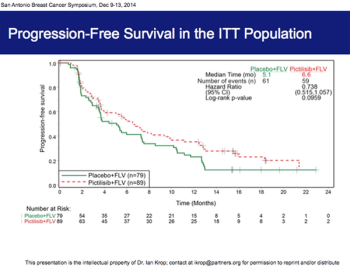
This slide show features some of the top highlights from the 2014 San Antonio Breast Cancer Symposium, including ovarian suppression in ER-positive breast tumors, tamoxifen for disease prevention, and immunotherapies for triple-negative breast cancer.

Long-term survival rates of patients after laparoscopic surgery for bladder cancer are similar to rates achieved with standard open surgery.

Accelerated partial breast irradiation was shown to be just as effective and safe as whole breast irradiation in early-stage breast cancer patients.
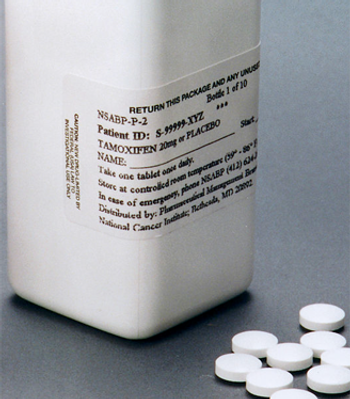
Tamoxifen given to women at high risk for breast cancer lowered the rate of estrogen receptor (ER)-positive breast cancer diagnosis in the IBIS-I trial.